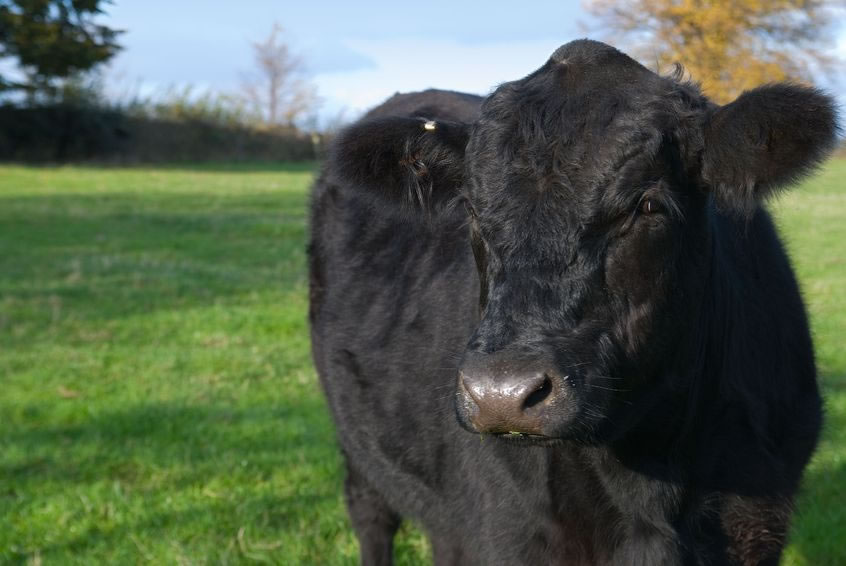
There is increasing interest in on-farm anaerobic digestion (AD) in the UK to manage animal manures and food waste, and to generate renewable electricity and heat via combustion of biogas.
AD offers the dairy farmer undisputed benefits. However, while finding that on-farm AD of wastes can reduce greenhouse gas emissions and resource depletion, a study, published in the leading journal Global Change Biology Bioenergy (DOI: 10.1111/gcbb.12189), suggests that the environmental balance of on-farm AD plants is strongly dependent on the type of feedstock used, and the management of post-process digestate.
The research conducted by scientists at Bangor University’s School of Environment, Natural Resources & Geography and the Thünen Institute in Germany applied a novel approach to quantify the environmental balance of dairy farm AD systems. The study combined farm modelling of the agronomic effects of AD on dairy farms with an expanded-boundary life cycle assessment to capture indirect impacts such as avoided landfill of food waste and land use change associated with increased animal feed imports. The “LCAD” tool developed by the Bangor team calculates the environmental balance of different feedstock mixes and AD design and management options in terms of greenhouse gas emissions, air pollution, water pollution and resource depletion. The tool is now freely available from the Defra website. ( http://sciencesearch.defra.gov.uk/Default.aspx?Menu=Menu&Module=More&Location=None&Completed=0&ProjectID=18631 )
The environmental benefits of AD on dairy farms include a reduction in greenhouse gas emissions from manure storage and management, fertiliser manufacture and fossil fuel combustion. Animal fodder crops such as grass and maize can also be used as feedstock to balance out seasonal variation in manure and waste availability, and digestate material can be applied to land as bio-fertiliser.
However, there is concern that subsidies such as the Feed-In-Tariff and Renewable Heat Incentive are encouraging large quantities of fodder crops to be used as feedstock for AD. This practice has environmental implications through the displacement of animal feed production to other regions. In the worst case this can lead to conversion of natural forest and grassland to cropland in major soya-exporting countries such as Brazil and Argentina. Thus, whilst on-farm AD is environmentally favourable when inputs are largely food waste or slurry, crop-fed AD should be minimised to avoid significant environmental risks at a global scale.
The Bangor scientists suggest that the environmental balance of on-farm AD plants could be considerably improved through modification of Feed-In-Tariff subsidies to prioritise more sustainable waste feedstocks, or restrictions on the percentage of crop feedstock that can be co-digested in farm AD units. Regulations or incentives for gas-tight digestate storage and efficient digestate application methods could also effectively reduce air and water pollution hotspots.
Dr David Styles, who led the research, commented:
“This study confirms that anaerobic digestion of animal manures and food waste leads to significant climate change and resource efficiency benefits. However, careful management, including the installation of more expensive gas-tight digestate storage tanks, is required to avoid air and water pollution from ammonia leakage. From an environmental perspective, co-digestion of crops to generate biogas is only justifiable in limited quantities where absolutely essential for the economic viability of manure and waste digestion”.
The LCAD project was funded by Defra, as project AC0410.
